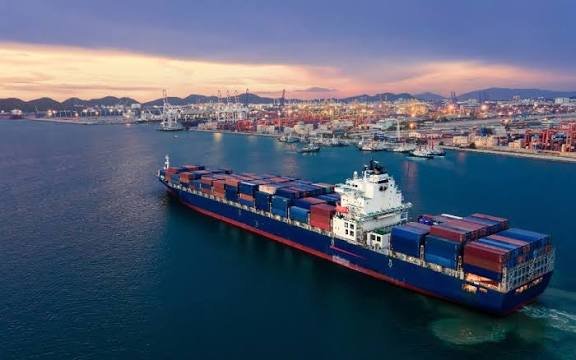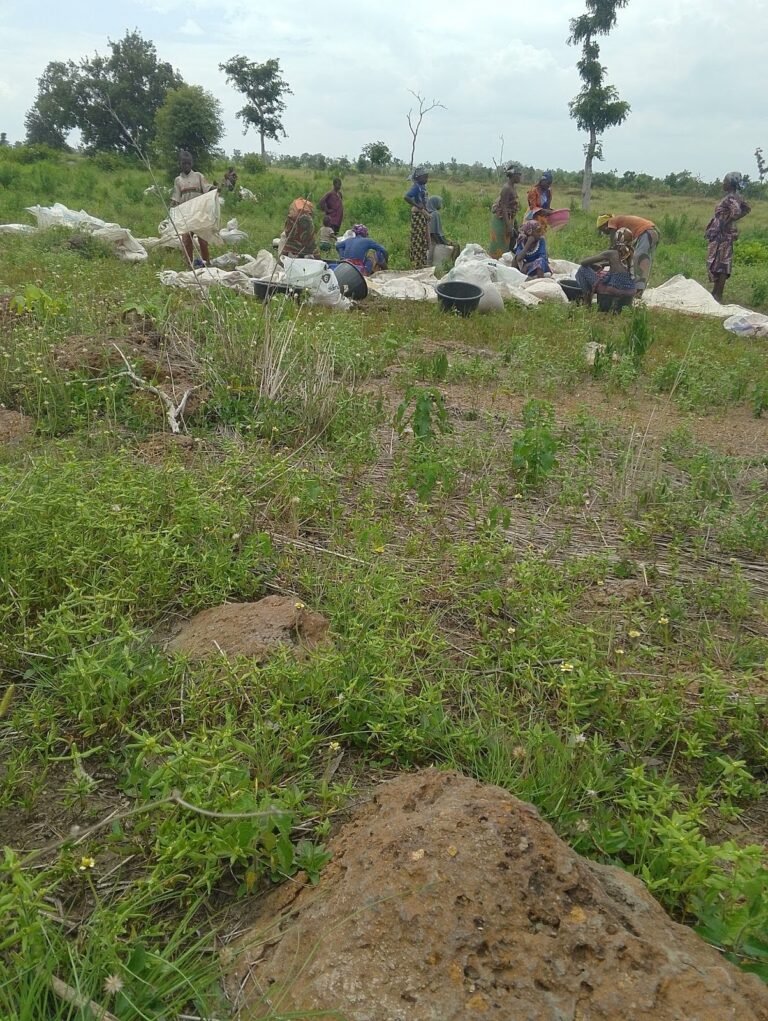After The Liberalist’s publication and pushback from stakeholders across industries, the Federal Ministry of Finance directed the Nigeria Customs Service (NCS) to suspend the four percent Free on Board (FOB) levy. In her latest analysis, The Liberalist’s staff writer Favour Adeboye analysed that the charge would raise production costs, strain supply chains, and further squeeze consumers already battling inflation.
The levy, reintroduced by the NCS in July and enforced in August, was intended to raise government revenue. But its timing drew outrage across the board.
Finance Minister Wale Edun, announcing the suspension in a circular on September 15, echoed these concerns, admitting that the levy posed “significant challenges to trade facilitation, competitiveness and the overall business climate.” He said widespread feedback from businesses had clarified the risks of additional financial strain.
Raymond Omachi, the ministry’s Permanent Secretary for Special Duties, signed the circular, titled “Suspension of the Implementation of Four Percent FOB Charge by the Nigeria Customs Service.”
Manufacturers and importers had stressed that Nigeria’s industrial sector depends on imports for over 70 percent of its raw materials, at a cost of around $10 billion annually. With firms spending an estimated $22 billion on off-grid energy each year, the new levy would have compounded operational costs and filtered down to consumers.
Adeboye’s analysis also explained how the import levy could negatively impact economic stability and consumer purchasing power. Citing various economic experts, the article states that the levy could strain the budget of millions of households.
“The timing is particularly harsh; this is because inflation continues to erode consumer spending power,” says Adeboye in her analysis.
Sharing similar views, Edun described the levy as a challenge to economic stability with potential adverse effects on inflation. This may be because, in July, the National Bureau of Statistics reported a rise in the Consumer Price Index to 125.9 percent, a 2.5-point increase from the 123.4 percent reported in June. Among other levied products, prices of goods such as vehicles and spare parts are expected to spike more, specifically due to existing import charges like the 20 percent duty, 10 percent levy, and 7.5 percent Value Added Tax.
The suspension marks the second time the levy has been paused this year. Initially introduced in February, it was shelved weeks after outrage from industry groups, only to be reinstated by the House of Representatives in July. Its return reignited public outcry, with Adeboye’s analysis in The Liberalist among the reports amplifying concerns.
However, according to Edun, the development signalled the government’s intention to seek a more balanced approach. He promised consultations with stakeholders to craft “a more equitable and efficient revenue structure” that supports both revenue generation and economic growth.
For now, the decision spares manufacturers and households from another price surge. This shows the impact of collective resistance, from importers and economists to free market advocates, on shaping policy decisions.















